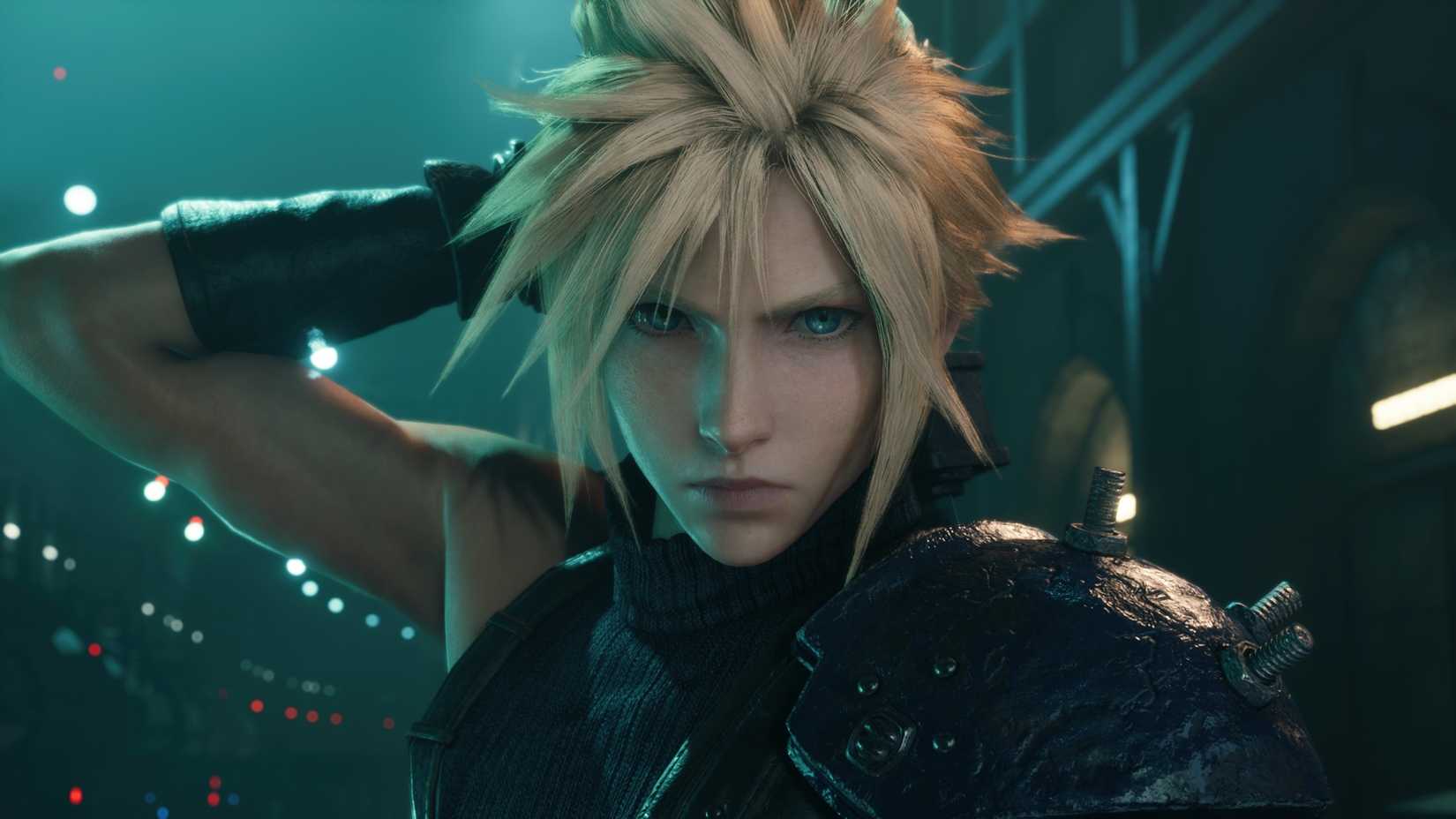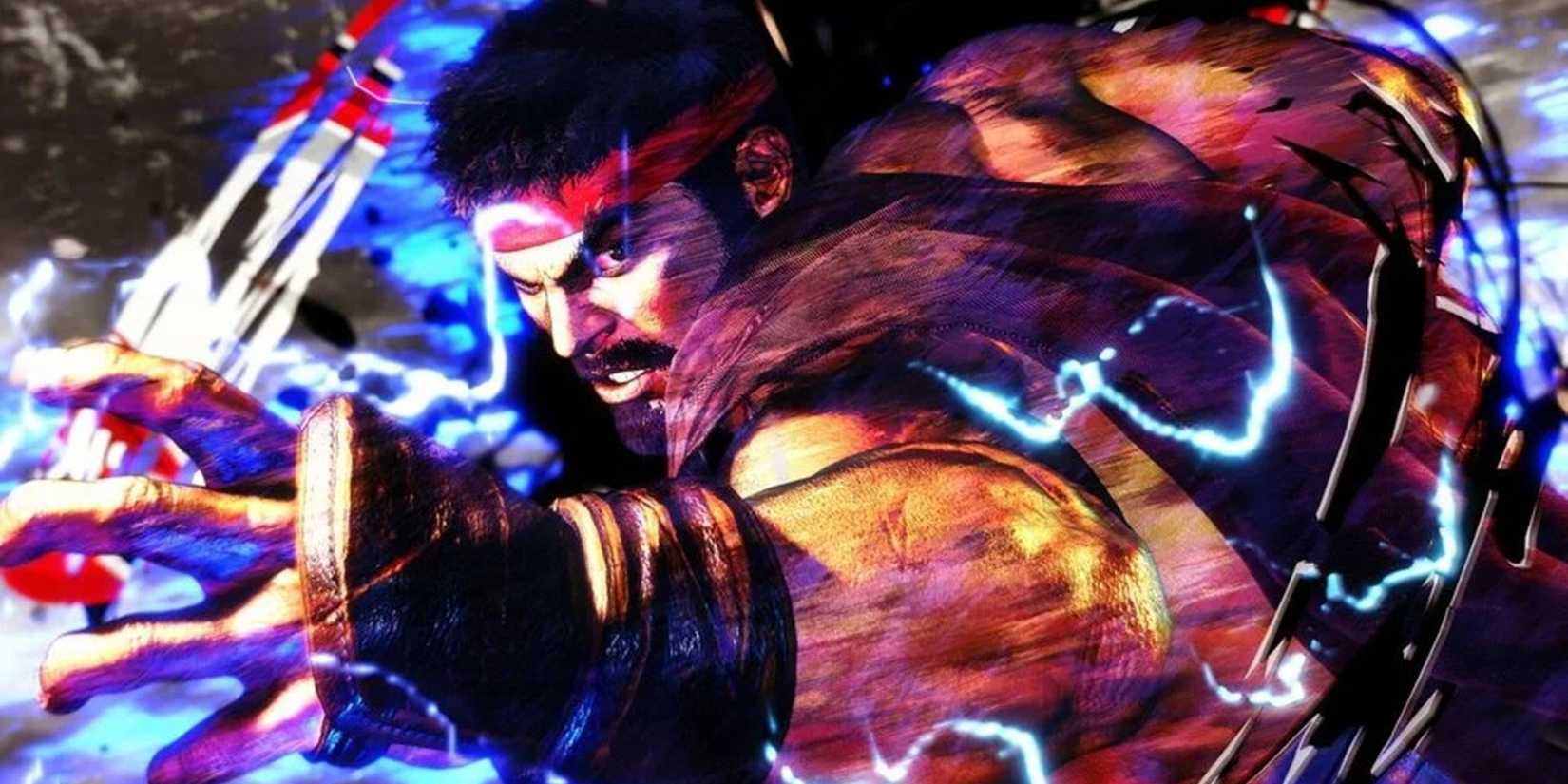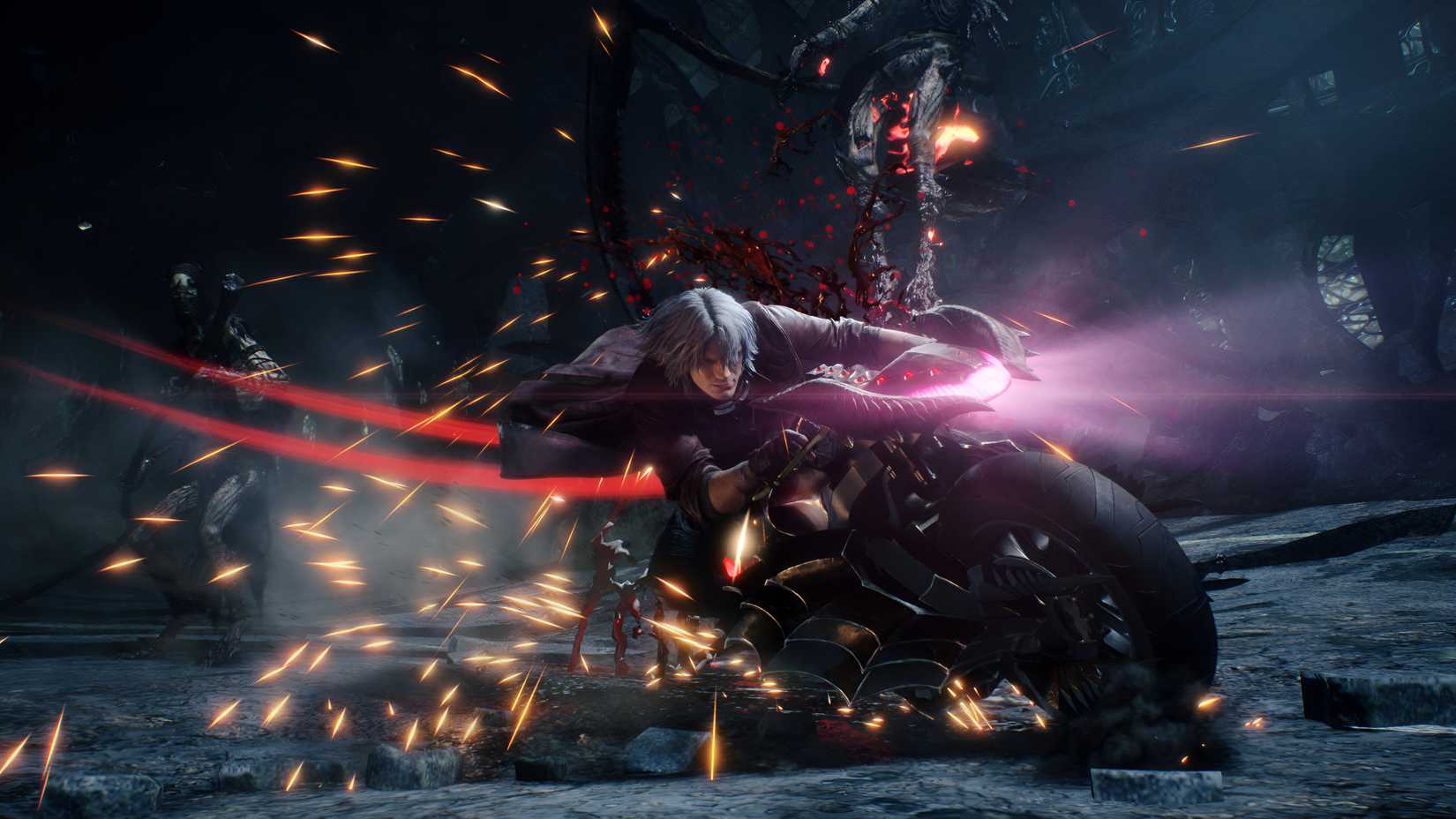There was a time when people grew up with video games that mostly appeared on one specific platform. Because of this, franchises that became popular were often closely linked to the consoles that people were able to play them on. Although this wasn’t always due to exclusivity deals for game series, the majority of players would still gravitate towards one console over the other for specific titles they enjoyed. And over time, that preference followed them into the modern era, even with most games being available across multiple platforms and offering the same experience to everyone.
This is something that was seen often in the 90s and 2000s, when consoles from all three major companies were clashing for the attention of customers on the market. I would see role-playing game fans stick with PlayStation consoles, while shooter fans spend a lot of time on Xbox consoles for various games they love. There were always different versions of titles on all consoles, but the preference would always default back to the original platform they were seen on most. This fostered loyalty among gamers for a franchise to that one side, including myself. And because of that, I often played my favorite video game series on just PlayStation consoles and ignored the Xbox versions that would come out, even if they were the same. Here are four game franchises that I have often found myself playing on PlayStation over Xbox consoles over the years, and it’s just better that way.
Final Fantasy
It’s all about the presentation
The Final Fantasy series has been around for a very long time, originally having a major presence on Nintendo consoles with earlier entries in the series. But as things moved into the 3D era with the release of the original PlayStation, the franchise became tightly intertwined with PlayStation consoles. This wasn’t due to the games playing too differently from what everyone had seen before on the Super Nintendo or the Famicom Entertainment System, but the visuals and overall presentation. Final Fantasy games have a reputation for looking and sounding amazing, outside their epic stories and layered RPG gameplay. When the series jumped from the original PlayStation to the PlayStation 2, things only skyrocketed higher with how beautiful these games looked and sounded to everyone.
Today, most Final Fantasy games are released on all platforms, including PC. But it’s the novelty of holding a PlayStation-style controller that keeps me going back to the releases of each game on a PlayStation console. I know the games are going to look and sound great on both the PlayStation 5 and Xbox Series X, but there’s always the sense it’ll be a little better on the PS5, and will feel right at home. The series has such a history with the brand that seeing it on an Xbox dashboard or Steam library listing feels taboo.
I ended up playing Final Fantasy XVI and Final Fantasy VII: Remake on my own PlayStation 5 for this very reason, with my first thoughts after their announcements being I would get them on PlayStation on launch. And not only were the experiences fantastic, living up to their namesake, but ended up being some of the best experiences I’ve had on the PlayStation 5. It’s a legendary game series that is synonymous with the PlayStation brand, especially with some of the biggest releases in the genre linking them together over decades.
Street Fighter
Execution and legacy
Capcom is one of those companies that everyone universally loves across generations of consoles. They have a rich history of games from the early 90s and a growing legacy that continues to resonate with everyone in the modern era. But they’re also a company that has so many games linked to PlayStation in deep ways, some of which were the foundation for an entire community of players that are die-hard lovers of games. The fighting game community, and more specifically the Street Fighter series, goes hand-in-hand with PlayStation consoles. Some of the biggest moments recorded in fighting game history are direct connections to nostalgia for the PlayStation 2 era. The Street Fighter Anniversary Collection and Street Fighter Alpha Collection are prime examples of this, as well as the many iterations of the series that go back to the original PlayStation.
What it comes down to for me, and many other fighting game players, are the controls. The button layout on a PlayStation controller is comfortable when playing matches and executing special move inputs, especially in games like Street Fighter III: Third Strike or Marvel vs. Capcom 2. It’s the gamepad control style that many players grew up with outside the arcade machines that populated arcades in that era, since most people could afford to get a PlayStation 2 in their home back then. Other consoles from Nintendo and Xbox didn’t have many options for fans of these kinds of fighting games, and whenever they did, it wasn’t always the most comfortable to play with their style of controllers.
To this day, I find myself feeling comfortable using a PlayStation controller to play many of the legacy titles that Capcom has released over the years. When I’m not using an arcade-style fightstick, I’m plugging in a DuelSense controller to play games like Street Fighter VI or any of the Capcom classic fighting game collections. It feels right to use, and it works out perfectly, just like I remember when playing these games back in the day. And most people who are big fans of the genre feel mostly the same.
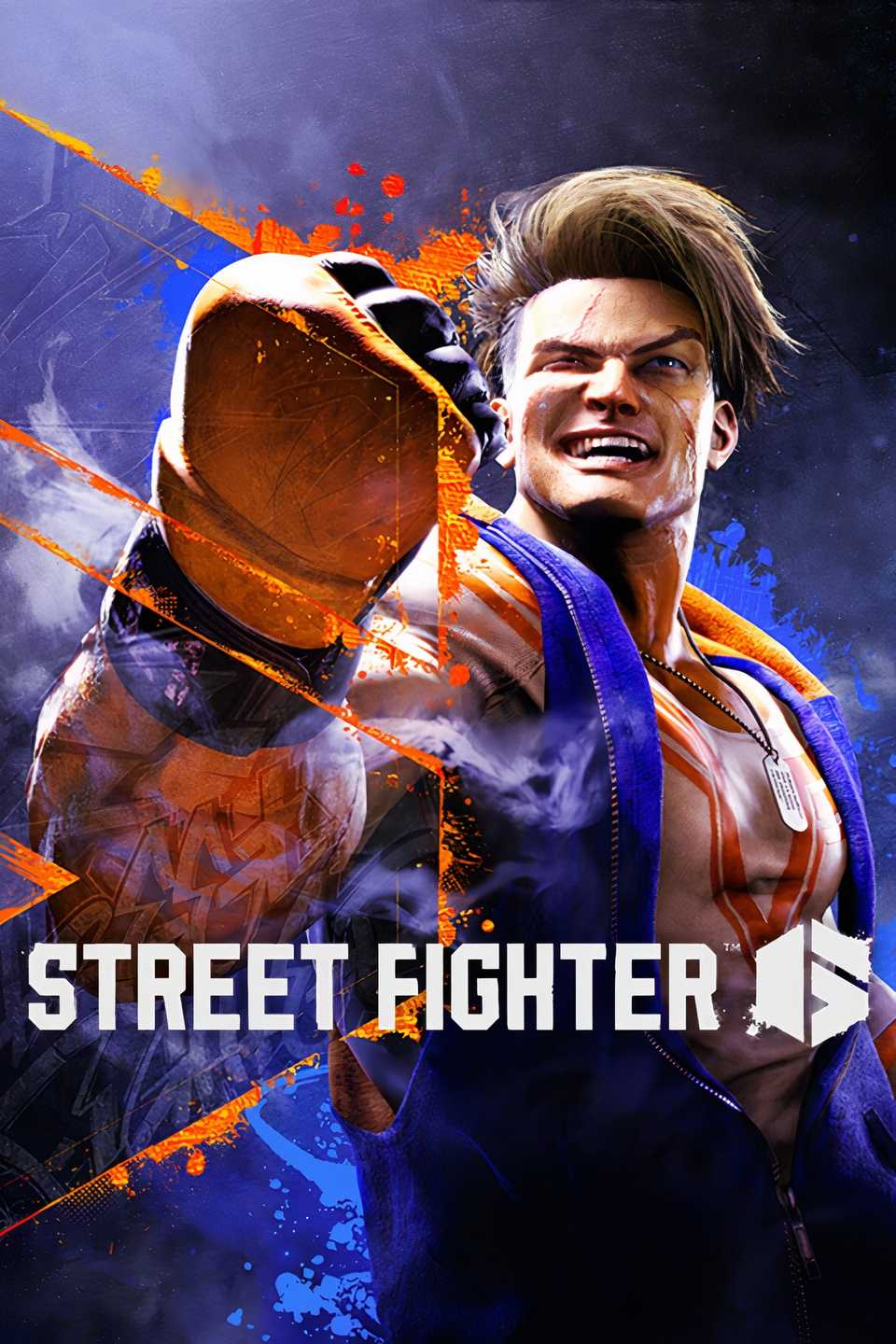
- Released
-
June 2, 2023
- ESRB
-
T For Teen Due To Mild Blood, Mild Language, Suggestive Themes, Use of Alcohol and Tobacco, Violence
- Developer(s)
-
Capcom
- Publisher(s)
-
Capcom
Devil May Cry
An identity built for it
One of the other big franchises under the Capcom umbrella that is intertwined with PlayStation is Devil May Cry. Originally starting out as a Resident Evil spin-off, which also began with PlayStation, Devil May Cry is one of the few series that people unanimously associate with PlayStation over any other platform. The foundation of the combat and tone set by the first game released on the PlayStation 2 is what helped give the franchise its identity. Even the marketing of magazine ads and commercials in the early 2000s was connected to PlayStation in a big way, as Devil May Cry games were exclusive to the PS2 back then. Seeing Dante point his pistols at viewers with a PlayStation logo nearby was a common sight, and the series would never truly get away from it.
It wouldn’t be until the release of Devil May Cry 4 that Xbox gamers would get to experience the ongoing story of the demon hunter Dante and his battles against various demonic forces. But even then, most people preferred to play the games on a PlayStation console, despite the Xbox 360 and Xbox One releases of games being identical to what was on the PlayStation 3 and 4. Later releases would become multiplatform, and the original trilogy of games would be re-released in collections as well, but the tie-in of the series to PlayStation would never go away.
Playing a Devil May Cry game with a PlayStation controller with fantastic visuals and fast-paced gameplay feels the most right for the series. Even the spin-off DMC: Devil May Cry game made by Ninja Theory had the same connection, even though it was anything but what fans expected from the original series. The franchise and the PlayStation brand just can’t be separated from one another.
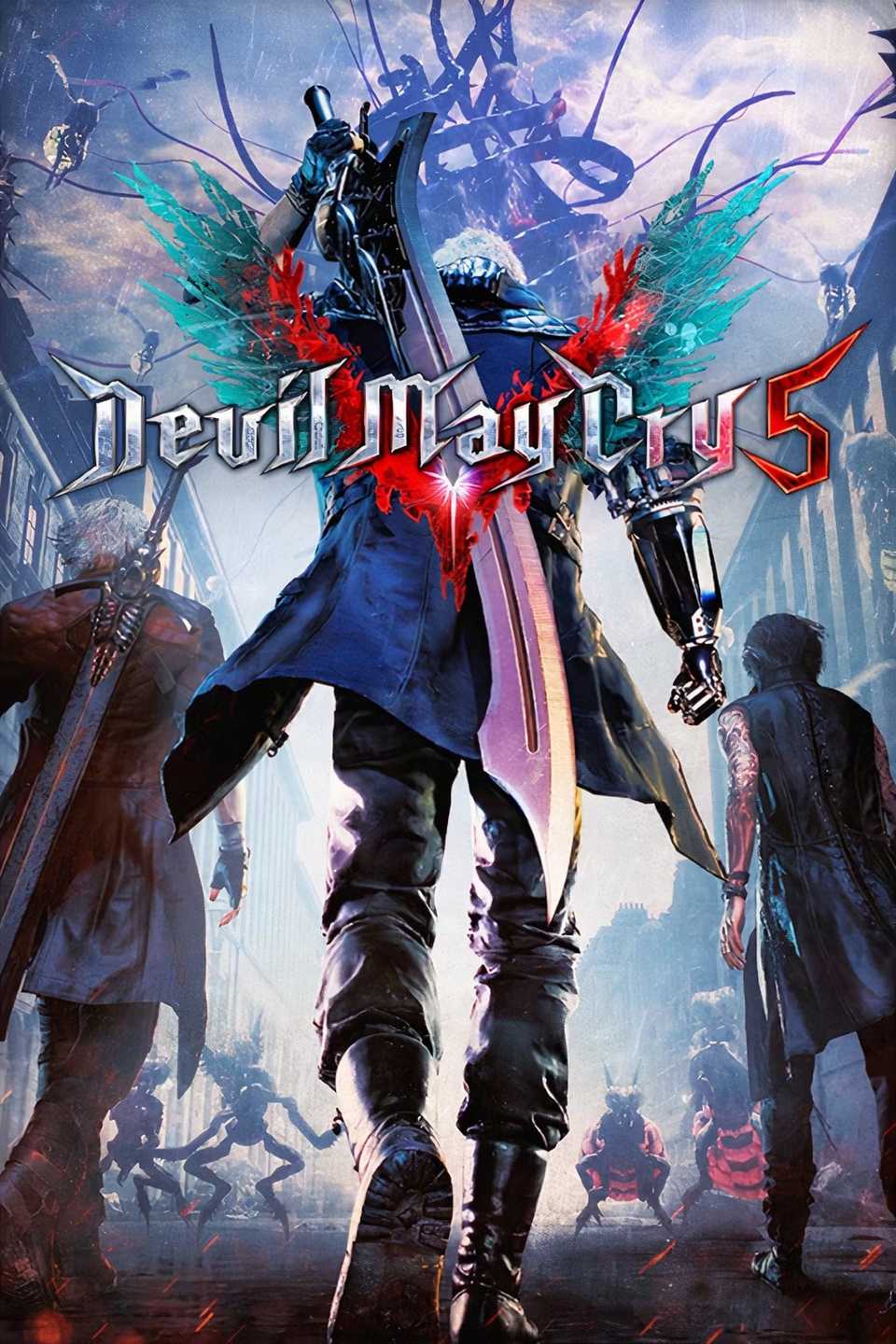
- Released
-
March 8, 2019
- ESRB
-
M for Mature: Blood, Partial Nudity, Strong Language, Violence
- Developer(s)
-
Capcom
- Publisher(s)
-
Capcom
- Engine
-
RE Engine
- Multiplayer
-
Online Multiplayer, Local Multiplayer
- Franchise
-
Devil May Cry
Tekken
Ushering in a subgenre
Although Tekken wasn’t the first 3D fighting game to release, that was Viruta Fighter in arcades, it was the first series to make the subgenre very popular with players. This wasn’t due to the release of Tekken in arcades, but on the original PlayStation as one of the first major titles for the console in 1995. The port of Tekken and its sequel, Tekken 2, were massive on PlayStation and made 3D fighting games a mainstay for the fighting game genre, and a household name. The button inputs for nearly all Tekken games are so closely associated with a PlayStation-style controller, mostly because of the 4-button layout that the game uses and how the PlayStation DualShock controller is designed. If you think of any Tekken game, you most likely will think of a PlayStation console because of it.
Like the Street Fighter series from Capcom, Tekken thrived in the PlayStation ecosystem. It was exclusively on PlayStation consoles for a long time, so anyone that owned an Xbox console alone was missing out on it. The majority of fighting game players that wanted more Tekken stuck with the original PlayStation and PlayStation 2, and did so as well into the PlayStation 3 generation, even though the series would jump over to Xbox consoles with the release of Tekken 6. And because of how many Tekken games were released exclusively on PlayStation over the years, it’s hard not to think of Tekken as a PlayStation series. I never found any of the Tekken games on Xbox consoles to play or look bad in comparison, but they weren’t the platforms that the series was born on.
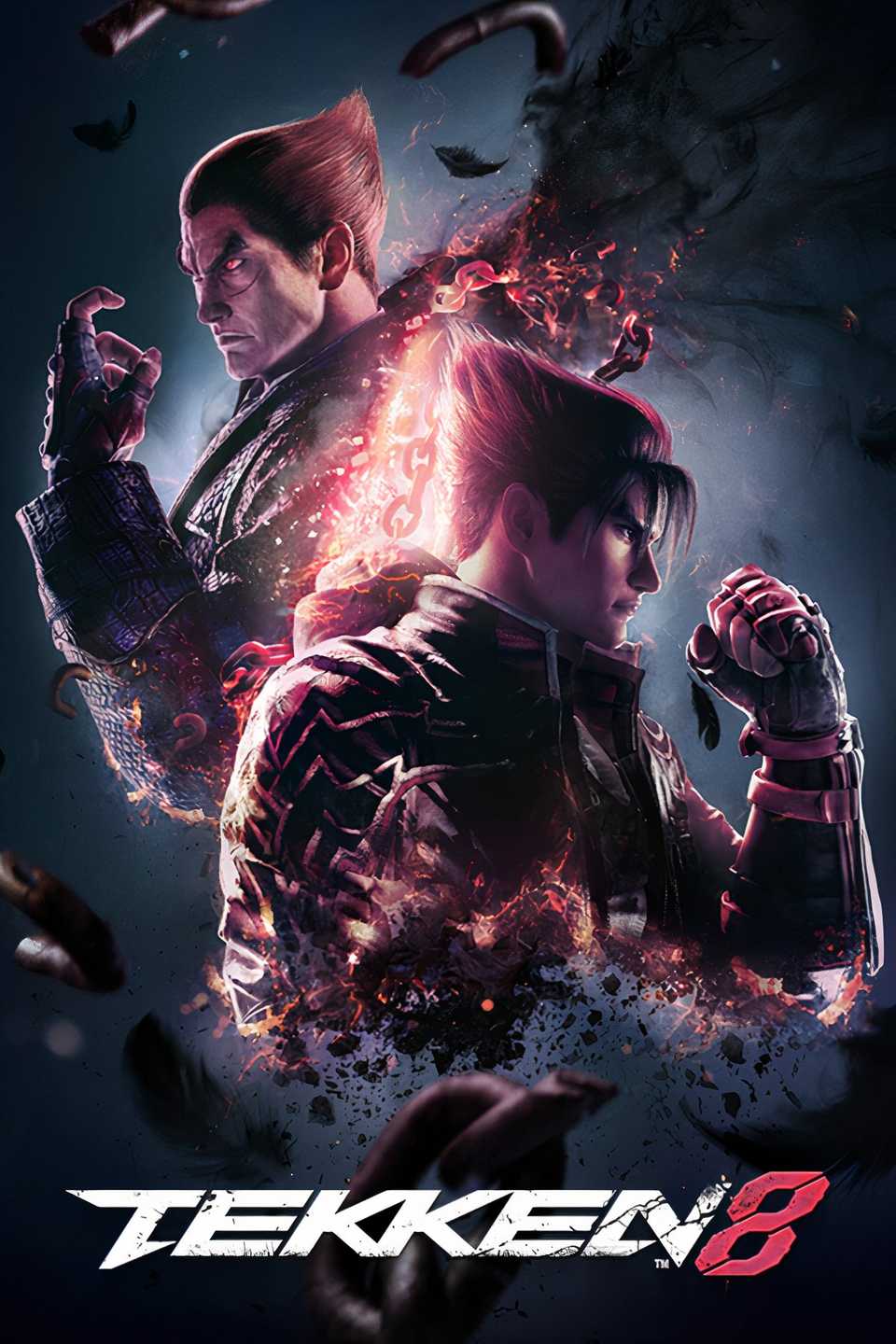
- Released
-
January 26, 2024
- ESRB
-
t
- Developer(s)
-
Bandai Namco Entertainment, Arika
- Publisher(s)
-
Bandai Namco Entertainment
- Engine
-
Unreal Engine 5
- Multiplayer
-
Local Multiplayer, Online Multiplayer
- Cross-Platform Play
-
PC, PS5 & Xbox Series X|S
Preferences and habits
These days, there isn’t a huge emphasis on games being exclusive to one platform or another. But the history and memories that people have associated with a specific game series may often feel like it still lingers around. My preference of getting certain series on PlayStation consoles is a direct result of that, and will probably never change. While most of the games I love are out for every platform you can play games on, I’ll always find myself falling back into the habit of picking them up for a PlayStation console as my first choice. And honestly, it just feels like it’s better that way.


